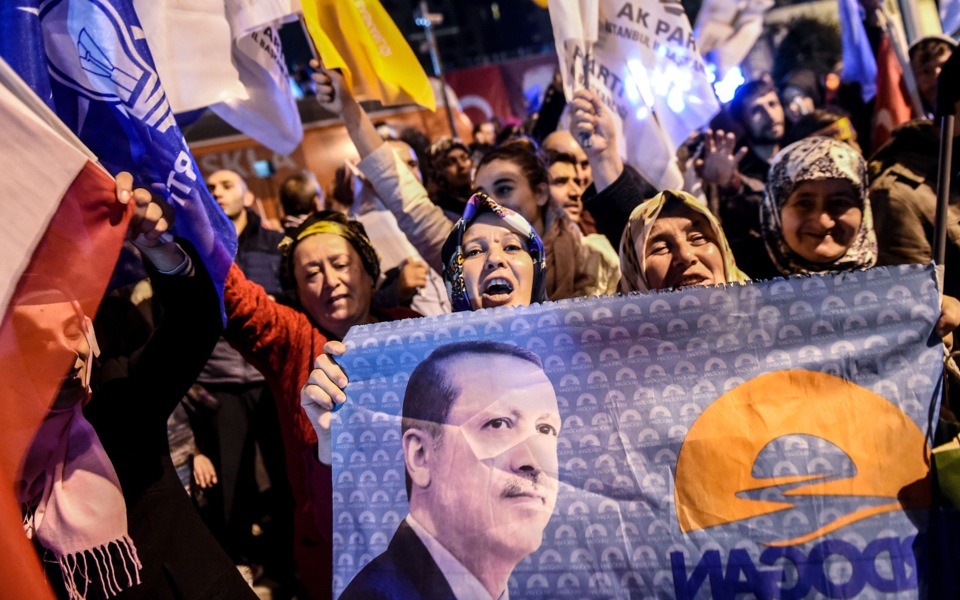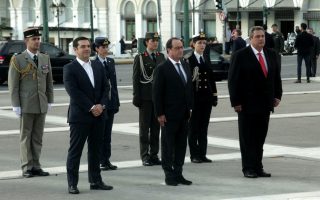Erdogan’s triumph

The overwhelming victory of the Justice and Development Party (AKP) in Sunday’s general elections in Turkey quashed the expectations of the opposition and of Western governments that had expected President Recep Tayyip Erdogan’s power to be curtailed. Turks paid no heed to the “sensitivities” of the West and the parties of the opposition, and voted in favor of stability even if this is achieved by methods that are extremely autocratic.
Not to delve into the domestic effects of this victory, on the level of international relations, the unity of the Turkish state is at risk from the strategic interest the United States and other Western powers have shown in the Kurds of Iraq and Syria in the fight against Islamic State jihadists. Meanwhile, the failure of a concerted effort by domestic and foreign forces to undermine Erdogan ultimately led to him being regarded by public opinion as the only guarantor of unity and stability in Turkey.
In a somewhat paradoxical and unorthodox way, Erdogan appears in the public mind to embody a distant, faded memory of the grandeur of the sultans and simultaneously of Kemal Ataturk as he defends the unity of Anatolia, which is currently at risk because of the Kurdish question.
Many would disagree, but for the East – to which Greece belongs to some small extent – legend and reality are often confused, leading to behaviors that may be incomprehensible to the West. The homogenization of political behavior and its harmonization with the way things are done in the West is possible on a theoretical level. On a practical level it is imposed and, unfortunately, quite unsuccessful in most cases.
As regards Greece, the Erdogan period – first as prime minister and then as president – has been defined by a general sense of stability with a few crises erupting here and there but never growing in intensity or danger as they did during the rule of the Kemalists.
Turkey’s strategic significance has grown because of the inflow of refugees from Syria and Iraq to Europe, and an effort to bring Erdogan into line was initiated by German Chancellor Angela Merkel on her recent visit to Turkey. The Turkish president, however, is not so naive as to believe that a tactical maneuver indicates a change of stance toward his country. In this respect, Greek Prime Minister Alexis Tsipras’s impending visit to Ankara may be important if it marks the start of real cooperation between the two countries. The behavior of Central and Eastern European states is defined by specific interests, but Greece’s proximity to the heart of the crisis dictates the need for some form of joint action, even with Turkey if necessary.





